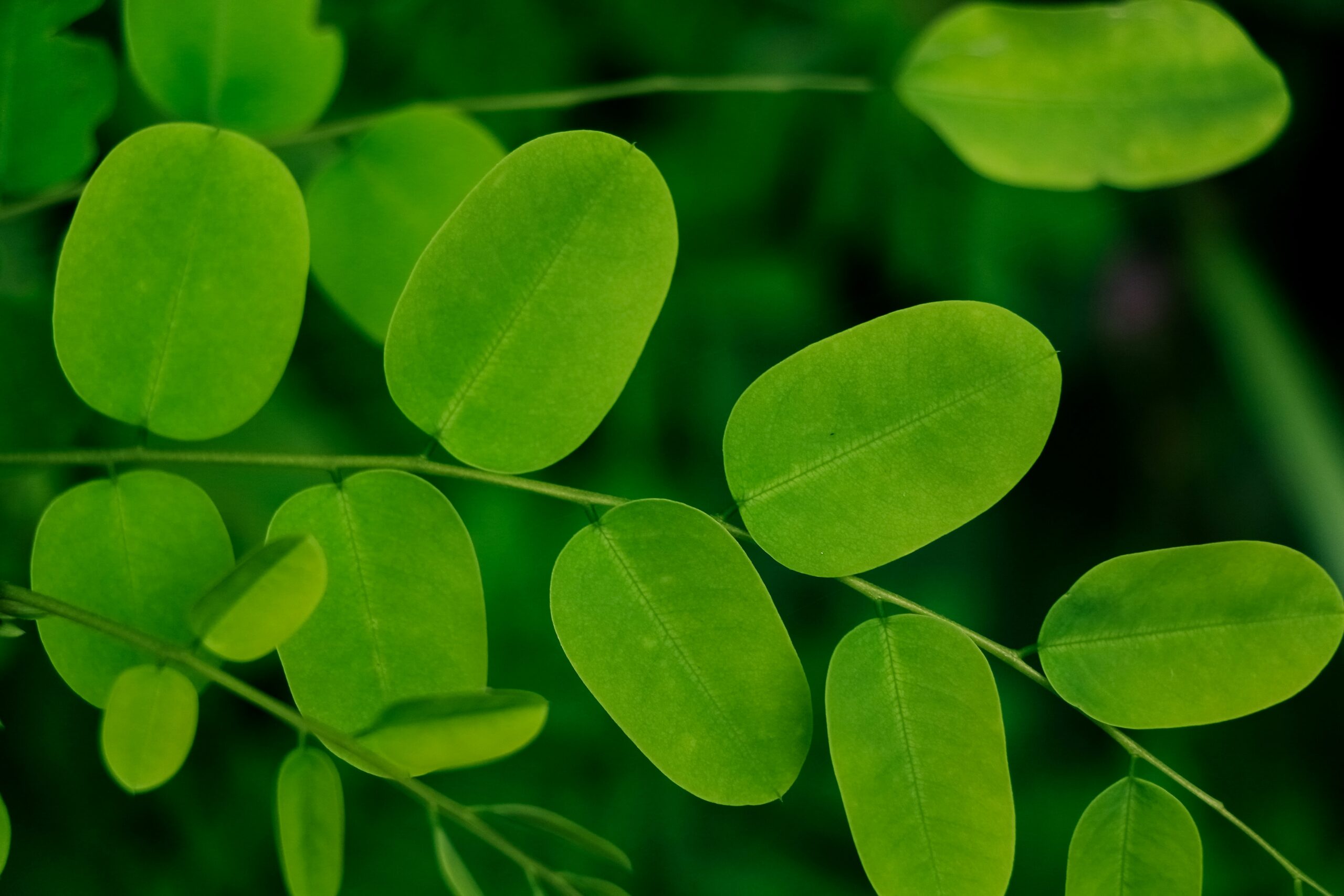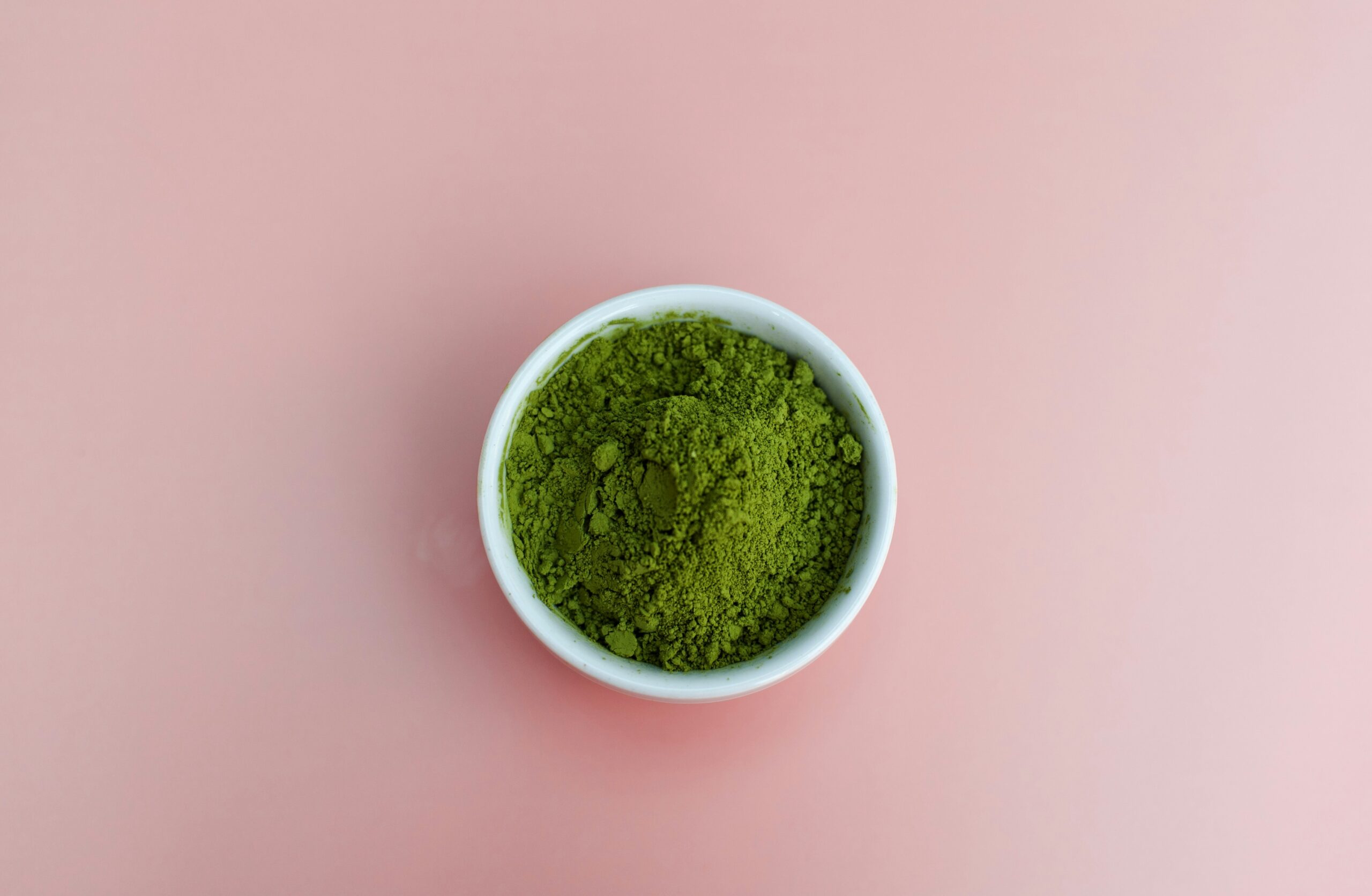Moringa is a plant whose health properties have been known to humans for thousands of years. Moringa oleifera is native to northern India, but the plant can also be found elsewhere. Folk medicine has used its leaves, flowers, seeds, and roots for health purposes.
Moringa has many values that can help with various diseases and problems. The plant is available in multiple forms in various herbal stores and pharmacies. Moringa is also used as an ingredient in herbal medicines today. The plant is rich in nutrients and various beneficial elements that support the proper functioning of the human body.

However, before taking moringa supplementation, you should talk to your doctor or pharmacist first. It is worth being aware that not everyone can benefit from the beneficial properties of this plant. Like any other herb, moringa has its contraindications and side effects, which should not be ignored. Among other things, moringa should be avoided by pregnant women. It's also important to know the proper dosage when taking moringa to ensure it's taken at a non-toxic level. There has been a lot of research on moringa in recent times. Learn about moringa and its remarkable properties. Discover risk factors, safe doses, and more.
Moringa oleifera is an herbal plant that has excellent medicinal benefits. Because of its properties, moringa is also called the “tree of life![]() .” Historically, moringa has been used to treat various diseases and inflammatory conditions. Today, its phytopharmaceutical uses are still worthwhile. Many pharmacological studies confirm the effects of moringa. Many bioactive components have been noticed that positively affect the body. The health benefits of moringa can thus include:
.” Historically, moringa has been used to treat various diseases and inflammatory conditions. Today, its phytopharmaceutical uses are still worthwhile. Many pharmacological studies confirm the effects of moringa. Many bioactive components have been noticed that positively affect the body. The health benefits of moringa can thus include:

Moringa contains ingredients that protect the body from inflammation. This is due, among other things, to the polyphenols![]() in the plant, which are bioactive substances that exhibit anti-inflammatory effects. Moringa prevents viral and bacterial infections. Its anti-inflammatory properties can be helpful in a variety of infectious conditions. Anti-inflammatory activity was observed in various plant parts, such as leaves, pods, flowers, and roots.
in the plant, which are bioactive substances that exhibit anti-inflammatory effects. Moringa prevents viral and bacterial infections. Its anti-inflammatory properties can be helpful in a variety of infectious conditions. Anti-inflammatory activity was observed in various plant parts, such as leaves, pods, flowers, and roots.
In traditional medicine, moringa was used for various types of pain to reduce the intensity of symptoms. Moringa pods were used to treat joint pain. The leaves, however, were used for patients with headaches. Due to the phytonutrients in the plant, moringa is also being used as a treatment for neuropathic pain![]() . Studies have confirmed a reduction in neuropathic pain in animals and a decrease in oxidative stress. Moringa positively affects various areas of the human body and is also used for sore throats and other painful symptoms resulting from multiple diseases.
. Studies have confirmed a reduction in neuropathic pain in animals and a decrease in oxidative stress. Moringa positively affects various areas of the human body and is also used for sore throats and other painful symptoms resulting from multiple diseases.
Moringa also has antioxidant properties, meaning that it protects against oxidative damage. The plant is a potential antioxidant because it contains many beneficial chemical compounds, including flavonoids![]() . Moringa reduces cell-damaging free radicals, so it has an anti-cancer effect. In addition, the herb exhibits trypanicidal and anti-leukemic properties.
. Moringa reduces cell-damaging free radicals, so it has an anti-cancer effect. In addition, the herb exhibits trypanicidal and anti-leukemic properties.
The plant also exhibits hepatoprotective properties, which protect the liver from various toxic agents such as alcohol by promoting the integrity of hepatocyte cell membranes. Moringa, therefore, supports the regeneration of liver cells, which has a good effect on the overall functioning of the body. It is also worth mentioning that the plant's root bark is used as an anti-ulcer![]() agent. Methanolic extracts of this plant protect gastric lesions from irritation. The trees exhibit the spasmolytic activity of the trees, and as a result, moringa is traditionally used to treat gastrointestinal motility disorders.
agent. Methanolic extracts of this plant protect gastric lesions from irritation. The trees exhibit the spasmolytic activity of the trees, and as a result, moringa is traditionally used to treat gastrointestinal motility disorders.
The cardioprotective properties of moringa mean that it protects the heart organ from various threatening factors. Thrombosis is a common cardiovascular disease that increases the risk of heart attack. Moringa, on the other hand, has an anticoagulant effect. In addition, the plant shows anti-arrhythmic![]() effects, reducing the risk of irregular heartbeat. In addition, the herb lowers blood pressure, which is essential for people struggling with hypertension.
effects, reducing the risk of irregular heartbeat. In addition, the herb lowers blood pressure, which is essential for people struggling with hypertension.

Moringa affects many areas of the body, including the brain. The plant exhibits neuroprotective effects, meaning it maintains the structure and function of neurons optimally. In addition, the herb exhibits anti-anxiety![]() effects. The plant's wealth of nutrients, such as protein, antioxidants, and anti-inflammatory compounds, help stabilize mood and protect brain health.
effects. The plant's wealth of nutrients, such as protein, antioxidants, and anti-inflammatory compounds, help stabilize mood and protect brain health.
Moringa has been used to treat diabetes because of its beneficial properties. The plant supports normal glucose metabolism. Moringa shows potential in preventing diabetes and complications resulting from the disease. Studies have found that the plant's leaves lower glucose levels as early as three hours![]() after ingestion. Moringa seeds also exhibit antihyperglycemic activity, and plant leaf extracts have antidiabetic effects.
after ingestion. Moringa seeds also exhibit antihyperglycemic activity, and plant leaf extracts have antidiabetic effects.
The herb also has positive effects on the immune system. The extract from the plant contains active ingredients that exhibit immunostimulatory effects. Thanks to its bioactive compounds, moringa is used to treat various disorders related to the immune system, such as cancer, hypertension, and diabetes, thus increasing the patient's immunity. Among other things, phytosterols![]() , which are plant-produced analogs of cholesterol, are responsible for this. Plant sterols activate immune processes, are anti-allergic, and support the regeneration of muscle tissue. Therefore, the plant further protects against disease and inflammation.
, which are plant-produced analogs of cholesterol, are responsible for this. Plant sterols activate immune processes, are anti-allergic, and support the regeneration of muscle tissue. Therefore, the plant further protects against disease and inflammation.
We will also find weight-loss-enhancing effects in the long list of moringa's health properties. Moringa is valued by people who plan to lose weight for many reasons. The plant helps with weight loss, enhancing athletic performance, and reducing fatigue. Polyphenols are mainly responsible for this. Products containing polyphenols, a healthy diet, and regular physical activity can aid weight loss. The weight-loss effect was proven in a study in which oral administration of the leaf powder significantly reduced the weight of test animals. MA is related to the reduction of hormone expression![]() . It also resulted in an improved lipid profile.
. It also resulted in an improved lipid profile.

The moringa tree yields seeds, leaves, fruits, flowers, and pods, edible and a dietary staple in many countries. This is because moringa has many nutrients and essential phytochemicals present in different parts of the tree. Experts have noted that moringa provides more vitamins and minerals than fruits and vegetables. The alternative nutritional values make some consider moringa a superfood.
Below, we will switch the nutrients of the leaves and other parts of the moringa. The content can vary depending on the part of the moringa plant, how it is prepared, the region in which it is found, the quality of the soil in which it grows, and other environmental conditions.
Dried moringa leaves contain sizable amounts of protein, a macronutrient responsible for growth. Proteins and amino acids are essential for proper development. Therefore, moringa is a good choice for vegetarians and vegans, an alternative protein source that can meet regular needs and provide energy.
Moringa leaves contain a small amount of fat. However, dried leaves and moringa oil can also be used. All vegetable oils contain high amounts of fat and lack protein and other components.
In powder form, moringa leaves provide a medium amount of carbohydrates. Therefore, people on a diet do not have to worry about an excess of these ingredients. In addition, moringa is a low-calorie plant.
Moringa also contains fiber, which is more in this plant than in kale. The powder of the dried leaves of the plant contains the most fiber. Including this product in the diet will help the digestive system.

Moringa is a plant rich in vitamins, possibly more than other plant products. It contains more vitamin A![]() than carrots and more vitamin C
than carrots and more vitamin C![]() than oranges. In addition, the herb contains vitamins B, D, and E. Foods derived from the plant can be a good source of vitamins.
than oranges. In addition, the herb contains vitamins B, D, and E. Foods derived from the plant can be a good source of vitamins.
In addition to vitamins and macronutrients, the plant also contains essential minerals. Moringa products can provide more calcium![]() than milk and potassium than bananas, which are rich in this ingredient. In addition, moringa contains large amounts of iron
than milk and potassium than bananas, which are rich in this ingredient. In addition, moringa contains large amounts of iron![]() . Regular consumption of moringa powder can also be enough to meet the daily requirement for zinc
. Regular consumption of moringa powder can also be enough to meet the daily requirement for zinc![]() in the diet.
in the diet.
Other elements contained in moringa are antioxidants. Moringa contains flavonoids and phenols, which have many beneficial properties. The human body must balance oxidants and antioxidants, which antioxidant-rich moringa help. Thus, consumption of moringa products protects against many diseases. Both moringa leaf powders and extracts exhibit high antioxidant activity.
Interest in superfoods has recently increased, so you can also get moringa products. A moringa is a tree whose various parts are suitable for consumption. Among the group of products from the plant are fresh and dried leaves, but a popular one is a powder made from the leaves, which can easily be added to various dishes. In addition, oils and soaps are made from moringa. Moringa is, therefore, also used in the cosmetic industry thanks to its skin and hair care benefits. The plant can also be supplemented in capsule form.

Moringa is a beautiful plant that can provide several health benefits. But for some groups, moringa can bring more health harms than benefits. That's why it's worth considering the risk factors of moringa use. Even if you don't belong to any risk groups, it's worth consulting a specialist before implementing moringa into your diet.
Consuming moringa products can pose risks for pregnant women. Although moringa leaves can provide many ingredients necessary for the baby's development, the safety associated with consuming moringa during pregnancy is still not fully confirmed. Some sources report that consuming moringa leaves during pregnancy increases iron levels and prevents anemia![]() . However, it is advisable to be cautious and seek professional medical consultation before taking anything.
. However, it is advisable to be cautious and seek professional medical consultation before taking anything.
Moringa is a plant that supports the function of the thyroid gland, but side effects can arise when this herb is combined with medications. If you are on thyroid medication, you'd better be careful, as consuming moringa can cause problems.

Although moringa has antidiabetic properties, it can cause side effects when combined with some diabetes medications. It has been noted that moringa can cause blood levels to drop too low, which can be dangerous for people with diabetes.
Other drugs that have adverse reactions with moringa are blood pressure medications. Moringa has a blood pressure-lowering effect. When combined with medications, it can cause blood pressure to be too low.
To safely enjoy the properties of moringa, it is also important to follow the recommended dosage. Like any other product in excess, the plant can be detrimental to health. As moringa is still used worldwide, many studies have been conducted regarding its safety.
According to experts, consuming moringa leaves in doses up to 2,000 mg/kg![]() was safe for adults. Higher doses of the plant can be genotoxic, so it is recommended to follow guidelines. In addition, various preparations of the leaves, including aqueous extracts, appear to be highly safe in doses and amounts commonly used.
was safe for adults. Higher doses of the plant can be genotoxic, so it is recommended to follow guidelines. In addition, various preparations of the leaves, including aqueous extracts, appear to be highly safe in doses and amounts commonly used.
Natural products based on moringa are increasingly popular due to the plant's health properties. Elements of the plant were used many years ago in traditional medicine. People used the leaves, seeds, roots, and other parts of moringa for various reasons. Moringa has several health benefits. It exhibits analgesic and anti-inflammatory effects. In addition, it is used to protect various organs and supports the treatment of multiple conditions.
The health benefits are due to its rich source of nutrients. When used according to recommended doses, moringa is safe. However, there are risks in some cases, so caution should be exercised, and it is wise to seek medical advice before including moringa in your diet.